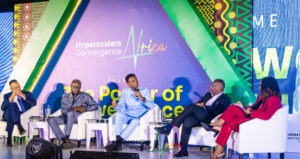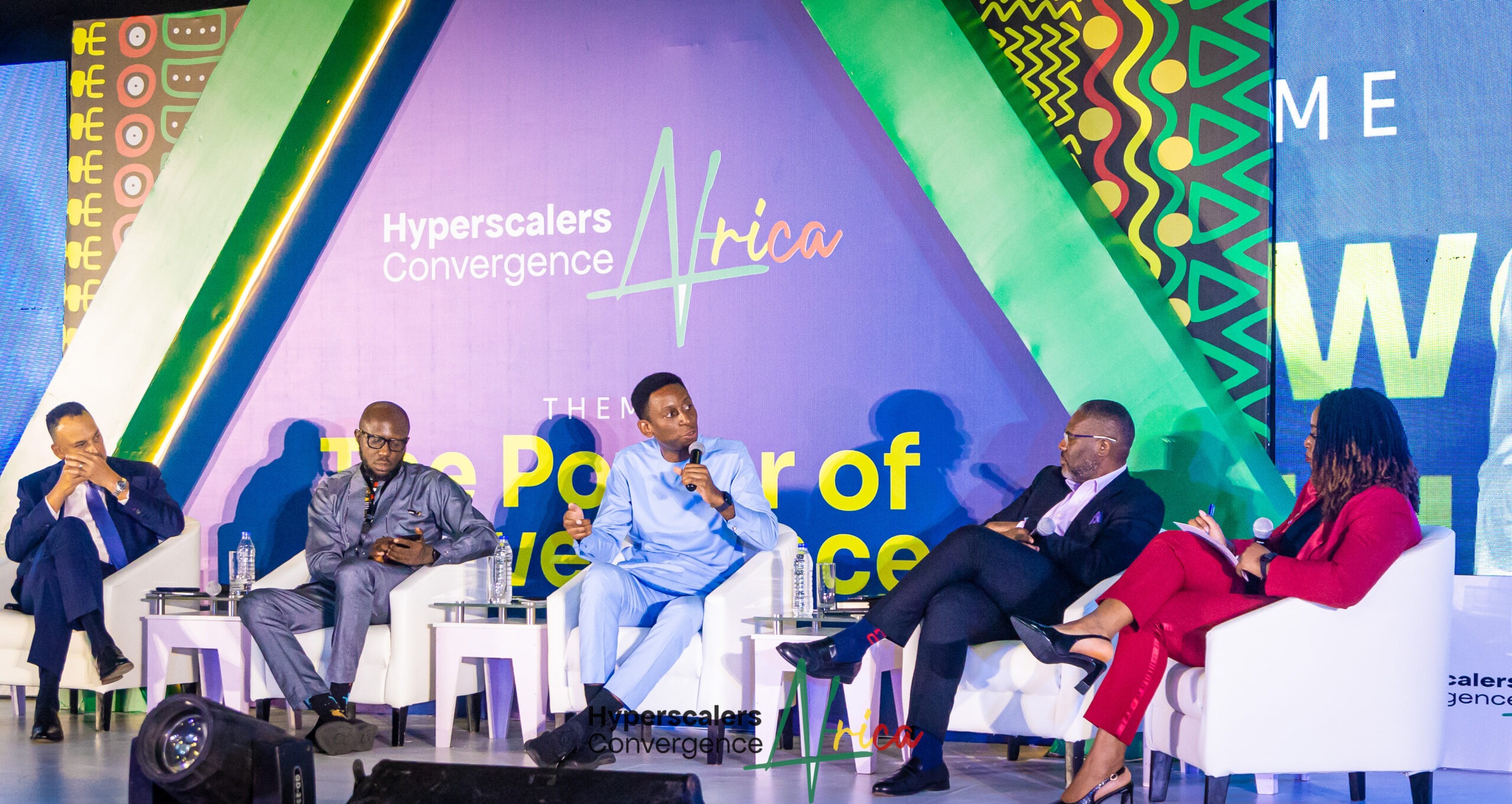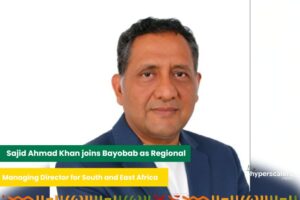The Hyperscalers Convergence Africa conference, themed “The Power of Convergence,” successfully brought together industry leaders, policymakers, and innovators to address Africa’s digital infrastructure challenges. Held in Lagos, a key center for digital innovation, the conference highlighted the need for a unified strategy to accelerate the continent’s digital transformation.
Temitope Osunrinde, the conference convener, stressed the importance of integrating various digital infrastructure components. “Subsea cables, tower companies, fiber networks, and satellite internet are all critical elements,” Osunrinde said. “However, without convergence, these elements remain disconnected, hindering our ability to fully leverage digital technology.”
The conference featured six panel sessions with key stakeholders from across Africa, tackling specific challenges to the continent’s digital progress. Key issues discussed included power shortages, high energy costs, and limited access to renewable energy sources—significant obstacles for data centers and telecommunications operations. The lack of robust middle-mile infrastructure was also identified as a barrier to efficient data traffic distribution.
Dr. Yemi Okeremi, Chairman of the conference, noted, “Africa’s vast population and immense potential are overshadowed by its digital infrastructure deficit. Despite our efforts, we still lag behind other regions in terms of data center capacity and fiber connectivity.”
Conference participants explored solutions such as collaborative partnerships between governments, private sector companies, and international organizations. Josephine Sarouk, Managing Director of Bayobab, emphasized the need for supportive policy frameworks that foster competition, innovation, and affordability. She urged government officials to focus on fostering partnerships, bringing stakeholders together, and creating an enabling environment for investors, despite the complexities of aligning interests across 54 countries.

L-R: Dr. Ayotunde Coker, Chief Executive Officer (CEO), Open Access Data Centres; Chukwuemeka Fred Agbata, CEO, Anambra State ICT Agency; Olatubosun Alake, Honorable Commissioner of Science, Technology and Innovation, Lagos State; Tony Izuagbe Emoekpere, President, Association of Telecommunications Companies of Nigeria, and Sade Dada, Public Policy Manager, Anglophone West Africa, Meta.
The potential of emerging technologies like artificial intelligence and blockchain was also discussed. These technologies could enhance resource allocation, improve cybersecurity, and unlock new economic opportunities for Africa.
There was a strong consensus on the urgent need for convergence. Participants agreed that by breaking down silos and collaborating effectively, Africa could leverage its digital infrastructure to drive economic development, enhance social services, and build a more inclusive society.
Investment in subsea infrastructure for resilience was highlighted as crucial. However, greater emphasis on local exchanges and terrestrial infrastructure to minimize downtime during outages was also emphasized. Wole Abu, CEO of Liquid Intelligent Technologies Nigeria, called for collaboration beyond technical levels, advocating for a unified approach among industry stakeholders to solve these challenges collectively.
Ego Jegede, Program Manager, Network Investments at Meta, praised the collaboration on the 2Africa project, noting that the model of cooperation among competitors should be replicated for terrestrial corridors to address infrastructure gaps and improve connectivity.
Power emerged as a recurring theme, with operators advocating for advancements in power infrastructure and exploration of alternative sources such as solar, gas, and private power solutions close to data centers. However, the enabling environment for power projects, particularly around transmission and distribution, was recognized as a significant barrier.
Dr. Krish Ranganath, Regional Executive at Africa Data Centers, urged for collaboration among industry stakeholders on power and real estate, suggesting that data centers along a geographical axis could work together with independent power producers.
The importance of political will in creating a conducive environment for business was highlighted by Lanre Kolade, Chairman of ConnectedCompute, and Adewole Adebisi, Head of Operations at Radio Group. They stressed the need to improve the ease of doing business for both foreign and local investors.
The Hyperscalers Convergence Africa conference has set the stage for action, inspiring stakeholders to commit to building a more connected and prosperous Africa.





